Last Updated on May 20, 2024 by admin
Myfortic 360mg: Overview
SALT COMPOSITION:
Myfortic 360 Tablet belongs to a group of medicines called immunosuppressants. It is used with other medicines to prevent your body from rejecting an organ (such as a kidney, heart or liver) after a transplant. It works by supressing your body’s immune system, so that it does not attack the new organ.
The amount of Myfortic 360 Tablet you take and how often you take it depends on the type of transplant you have. Follow your doctor’s instructions on this. You should take it on an empty stomach, at least 1 hour before or 2 hours after a meal. Swallow it as a whole, do not crush, chew, or break it. Take the medicine regularly to get the maximum benefit and keep taking it even if you feel well. If you stop taking it, you may increase the chances of rejecting your transplanted organ. The treatment will continue for as long as you need it to prevent rejection.
The most common side effects are nausea, vomiting, diarrhea, stomach pain, headache, high blood pressure, and changes in the number of white blood cells. You may catch more infection than usual as medicine suppresses the immune system. There is also an increased risk of developing some cancers for this reason. To reduce your risk of skin cancer, limit your exposure to the sun and use sunscreen. There is a long list of potential side effects with this medicine. You should ask your doctor about them and what signs to look out for because some of them can be serious and need urgent medical attention.
Myfortic 360 Tablet can cause birth defects and abortion so do not take it if you are pregnant, planning to become pregnant or breastfeeding. You should talk to your doctor before taking this medicine if you have any signs of infection or if you have any unexpected bruising or bleeding. You should also let your healthcare team know all other medicines you are taking as they may affect, or be affected by, this medicine. You will have regular tests to check for any changes in the number of your blood cells and the amount of sugar and cholesterol in your blood.
USES OF Myfortic 360
- Prevention of organ rejection in transplant patients
BENEFITS OF Myfortic 360MG
- In Prevention of organ rejection in transplant patients
Myfortic 360 Tablet belongs to a group of medicines known as immunosuppressive agents. It lowers your immune response and reduces the chance of your body attacking the transplanted organ. Organ rejection happens when your immune system treats the new organ as an invader and attacks it. This medicine may be used in combination with other medicines to suppress the immune system and help your body accept the new organ.
Medicinal Benefits of Myfortic 360
Mycophenolate sodium (360mg) Myfortic 360 Tablet works by suppressing the immune system, which helps to prevent the body from rejecting a transplanted organ. It also helps to reduce inflammation in autoimmune diseases, providing relief to patients suffering from these conditions.
SIDE EFFECTS OF Myfortic 360
Most side effects do not require any medical attention and disappear as your body adjusts to the medicine. Consult your doctor if they persist or if you’re worried about them
Common side effects of Myfortic 360
- Nausea
- Vomiting
- Diarrhea
- Abdominal pain
- Headache
- High blood pressure
- Decreased white blood cell count (neutrophils)
HOW TO USE Myfortic 360
Take this medicine in the dose and duration as advised by your doctor. Swallow it as a whole. Do not chew, crush or break it. Myfortic 360 Tablet may be taken with or without food, but it is better to take it at a fixed time.
Directions for Use Myfortic 360MG
Mycophenolate sodium (360mg) Myfortic 360 Tablet is usually taken as a tablet or capsule, with or without food. It is important to follow the dosage instructions provided by your healthcare professional. Do not crush or chew the tablets unless instructed to do so. If you have any questions about how to take this medication, consult your doctor or pharmacist.
Myfortic 360 Storage
Store Mycophenolate sodium (360mg) Myfortic 360 Tablet at room temperature, away from moisture and heat. Keep it out of reach of children and pets. Do not use this medication if it has expired or if the packaging is damaged.
Myfortic 360 Drug Warnings
Inform your healthcare professional about any allergies, medical conditions, or medications you are currently taking before starting Mycophenolate sodium (360mg) Myfortic 360 Tablet. This medication may not be suitable for everyone, and your doctor will determine if it is safe for you to use.
Myfortic 360 Drug Interactions
Mycophenolate sodium (360mg) Myfortic 360 Tablet may interact with certain medications, including antacids, antibiotics, and antiviral drugs. It is important to inform your doctor about all the medications you are taking to avoid any potential interactions.
Myfortic 360-Drug Interactions Checker List: Safety Advice
Use a drug-drug interactions checker or consult your healthcare professional for a comprehensive list of potential drug interactions with Mycophenolate sodium (360mg) Myfortic 360 Tablet. This will help ensure your safety and the effectiveness of your treatment.
Always follow your doctor’s instructions and seek medical advice if you have any concerns or questions about using Mycophenolate sodium (360mg).
HOW Myfortic 360 WORKS
Myfortic 360 Tablet is an immunosuppressant. It reduces the action of body’s own defence system (the immune system) and prevents rejection of the transplanted organ.
SAFETY ADVICE
warnings
![]() Alcohol
Alcohol
SAFE
Consuming alcohol with Myfortic 360 Tablet does not cause any harmful side effects.
warnings
![]() Pregnancy
Pregnancy
CONSULT YOUR DOCTOR
Myfortic 360 Tablet is unsafe to use during pregnancy as there is definite evidence of risk to the developing baby. However, the doctor may rarely prescribe it in some life-threatening situations if the benefits are more than the potential risks. Please consult your doctor.
warnings
![]() Breastfeeding
Breastfeeding
UNSAFE
Myfortic 360 Tablet is unsafe to use during breastfeeding. Data suggests that the drug may cause toxicity to the baby.
warnings
![]() Driving
Driving
SAFE
Myfortic 360 Tablet does not usually affect your ability to drive.
warnings
![]() Kidney
Kidney
SAFE IF PRESCRIBED
Myfortic 360 Tablet is probably safe to use in patients with kidney disease. Limited data available suggests that dose adjustment of Myfortic 360 Tablet may not be needed in these patients. Please consult your doctor.
warnings
![]() Liver
Liver
CONSULT YOUR DOCTOR
There is limited information available on the use of Myfortic 360 Tablet in patients with liver disease. Please consult your doctor.
![]() CHILDREN CAUTION
CHILDREN CAUTION
UNSAFE
Myfortic 360 Tablet is not recommended for use in children and adolescents below 18 years.
 Myfortic 360 Habit Forming :
Myfortic 360 Habit Forming :
Myfortic 360 Tablet is a non-habit-forming health supplement. It does not contain any addictive substances and can be safely used as part of your daily wellness routine.
![]() expert advice
expert advice
Your doctor has prescribed Myfortic 360 Tablet to stop your body from rejecting a transplanted organ (e.g. kidney, heart or liver).
- It may take 6 to 12 weeks for Myfortic 360 Tablet to start working. Keep taking it as prescribed.
- Take it with food to minimize possible side effects like nausea and stomach pain.
- It makes you more susceptible to getting infections. Avoid contact with people who have an infection and consult your doctor immediately if you develop a sore throat, high temperature or any other signs of infections.
- It may cause birth defects so birth control is required in females of reproductive age.
- Protect yourself from direct sunlight by wearing protective clothing and applying a sunscreen with a high sun protection factor (SPF).
- Your doctor may get regular blood tests done to monitor the levels of blood cells in your blood. Inform your doctor if you experience symptoms such as unexplained bruising or bleeding, sore throat, mouth ulcers, or fever.
FAQs ABOUT Myfortic 360MG
Q: What is Myfortic 360MG used for?
A: Myfortic 360MG TABLET is used alone or with other medicines containing ciclosporin and corticosteroids to stop the body’s immune system from rejecting a kidney transplant in transplanted individuals.
Q: What common side effects are seen with Myfortic 360MG?
A: The most common side effects associated with the use of Myfortic 360MG TABLET are bloating, constipation, indigestion, high blood pressure, anxiety, diarrhoea, pain in joints, and dizziness. Consult your doctor if any of the symptom worsens.
Q: Who should avoid taking Myfortic 360MG?
A: Myfortic 360MG TABLET is not recommended for use if you are allergic to mycophenolic acid, mycophenolate sodium, and mycophenolate mofetil. Myfortic 360MG TABLET is also not recommended for use in pregnant and breast-feeding women. Consult your doctor before taking Myfortic 360MG TABLET.
Q: How Myfortic 360MG works?
A: Myfortic 360MG TABLET belongs to immunosuppressants which reduces the action of the body’s own defense system (the immune system) and prevents rejection of the transplanted organ.
Q: What happens if I forget to take Myfortic 360MG dose?
A: You should take Myfortic 360MG TABLET immediately when you remember. If it is time for your next dose skip the missed dose and follow your regular dose schedule. Do not double the dose of Myfortic 360MG TABLET to match up your missed dose.
Q: Is Myfortic 360MG safe to use in children or elderly patients?
A: No, Myfortic 360MG TABLET is not recommended for use in children due to lack of data. It should be used with caution in elderly patients (aged 65 years and above) after consulting the doctor.
Q: Is Myfortic 360MG safe to use during pregnancy?
A: Myfortic 360MG TABLET is not recommended for use during pregnancy and in women planning to become pregnant. Women with childbearing potential should confirm with negative in pregnancy test and follow effective contraception before taking Myfortic 360MG TABLET to avoid birth defects and miscarriage. Consult your doctor before taking Myfortic 360MG TABLET.
REFERENCES:
- Giuseppe Orlando, Giuseppe Remuzzi, David F. Williams. Pharmacokinetics and Genomics of Immunosuppressive Drugs. Kidney Transplant, Bioengineering, and Regeneration; Kidney Transplantation in Regenerative Medicine Era. 2017. Page 429.
- Novartis. Efficacy and Safety Study of Everolimus Plus Reduced Cyclosporine Versus Mycophenolic Acid Plus Cyclosporine in Kidney Transplant Recipients. NIH U.S. National Library of Medicine ClinicalTrials.gov. [Revised in May 2011] [Accessed on 8th August 2022] https://clinicaltrials.gov/ct2/show/NCT00251004
- Dela Golshayan, M Pascual, Bruno Vogt. Mycophenolic acid formulations in adult renal transplantation – update on efficacy and tolerability. NIH National Library of Medicine. National Center for Biotechnology Information. May 2009. [Accessed on 8th August 2022] https://www.ncbi.nlm.nih.gov/pmc/articles/PMC2690976
- Novartis Pharma GmbH. Electronic Medicines Compendium (EMC). [Revised in July 2021] [Accessed on 8th August 2022] https://www.medicines.org.uk/emc/files/pil.7793.pdf
- Concord Biotech Limited. Mofecon-S 540. [Accessed on 8th August 2022] https://www.concordbiotech.com/product-3/#1491386049532-0521ba85-12e0


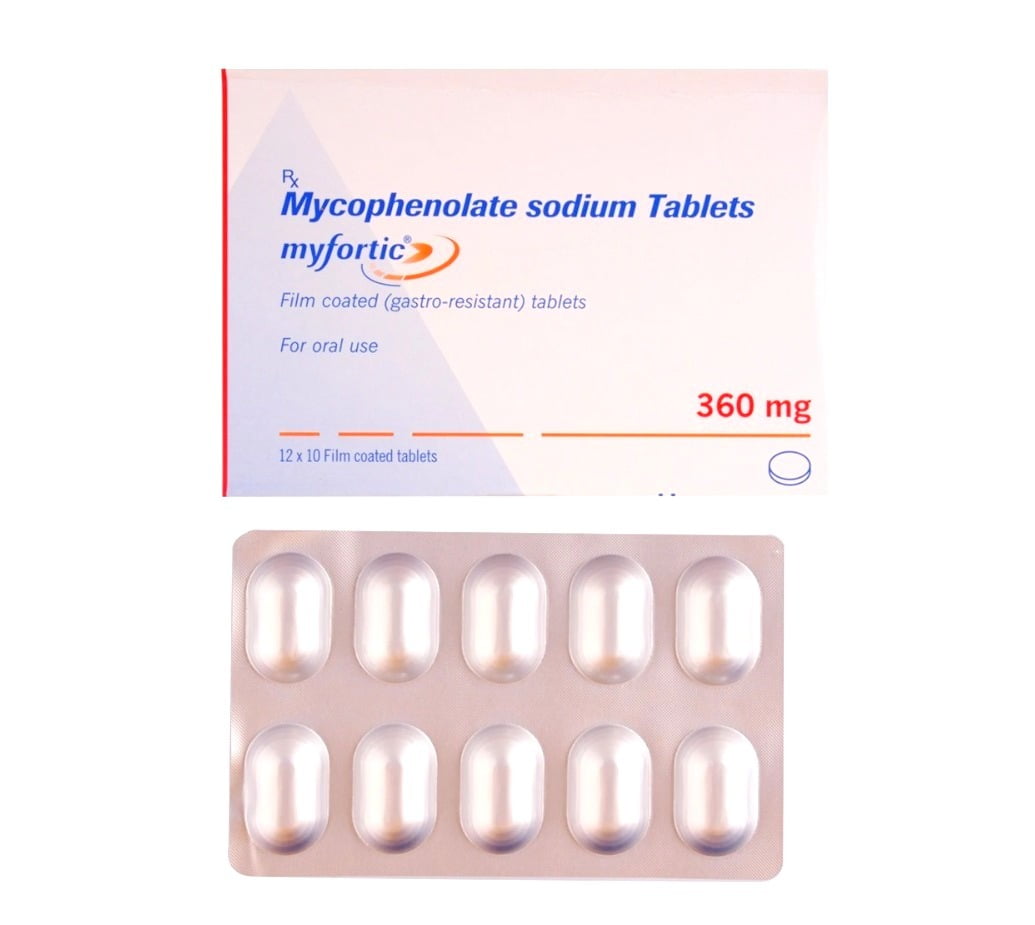
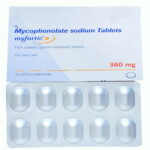
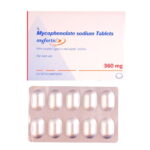
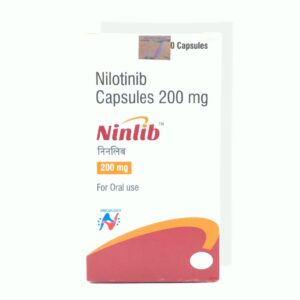
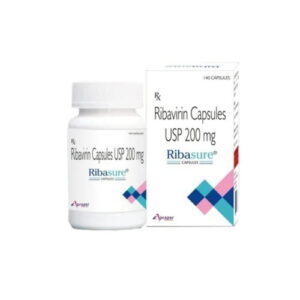

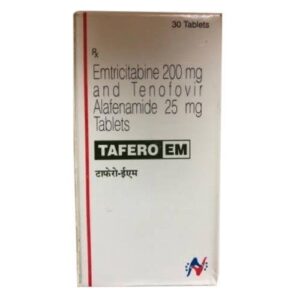
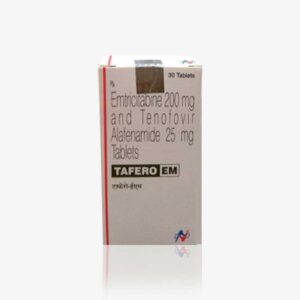
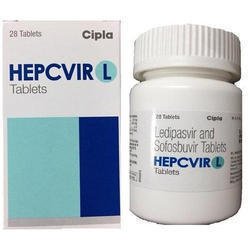
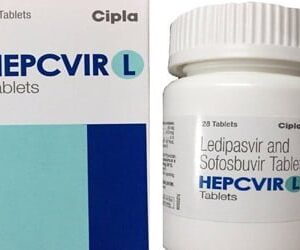
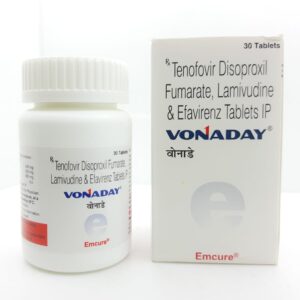
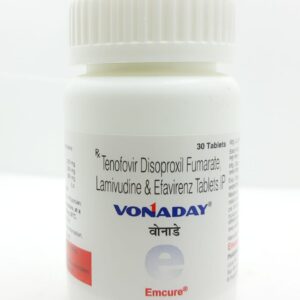
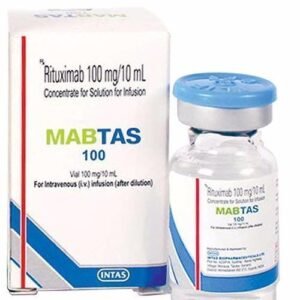
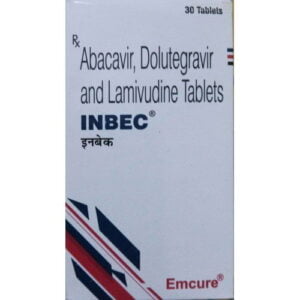
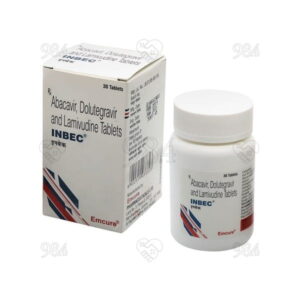

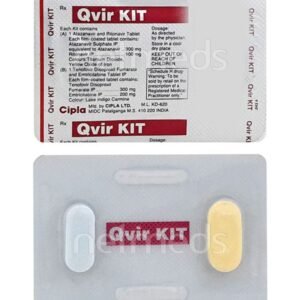
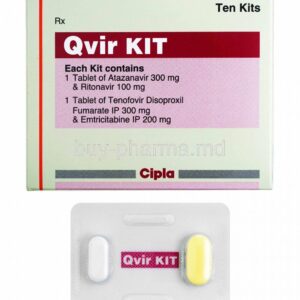

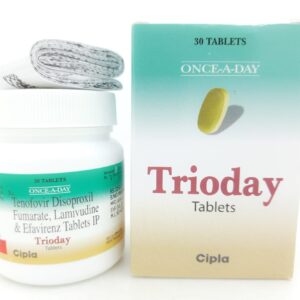
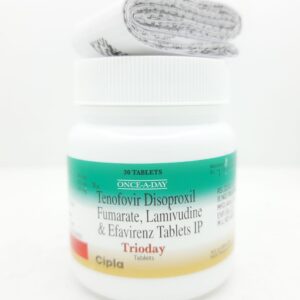

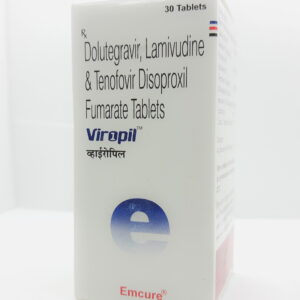


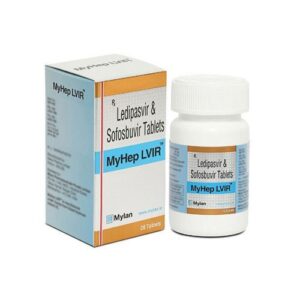
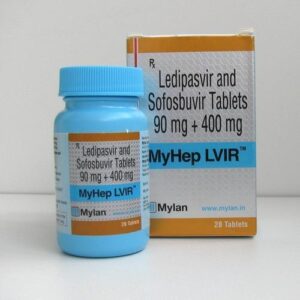
There are no reviews yet.